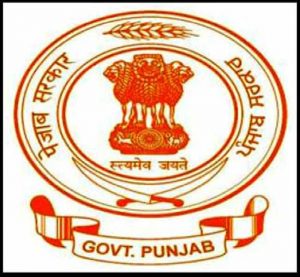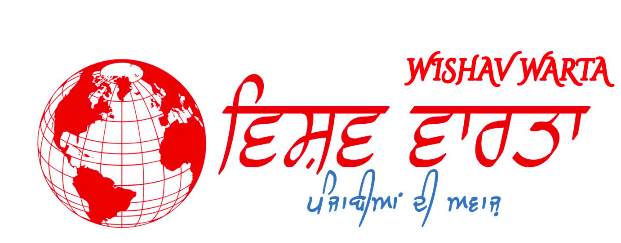 Chandigarh, 24 August(Wishav Warta): The Punjab Cabinet on Thursday raised the procurement share of paddy for rice shellers in the state’s border areas while deciding to constitute a 3-member committee to fix and ensure minimum payment to labourers in the Mandis in the ensuing procurement season. Chairing a meeting of the Council of Ministers, Chief Minister Captain Amarinder Singh also directed officials to take adequate steps to prevent any disruption of paddy procurement by the banned truck unions.
Chandigarh, 24 August(Wishav Warta): The Punjab Cabinet on Thursday raised the procurement share of paddy for rice shellers in the state’s border areas while deciding to constitute a 3-member committee to fix and ensure minimum payment to labourers in the Mandis in the ensuing procurement season. Chairing a meeting of the Council of Ministers, Chief Minister Captain Amarinder Singh also directed officials to take adequate steps to prevent any disruption of paddy procurement by the banned truck unions.
Giving details, an official spokesperson said the cabinet decided to form the committee, which will include the Labour Secretary, after the issue was raised by Rana Gurjit and Navjot Singh Sidhu. The two ministers said middle men were exploiting labourers by paying less than their prescribed minimum wages. Expressing concern over the matter, the cabinet decided that the proposed committee would examine and take measures to ensure that no such exploitation takes place in the Mandis.
On the issue of the millers located in the border areas, the cabinet decided that against the 20% incentive provided to them last year over and above their 100% milling capacity, the millers would be allowed 40% additional share this season. Besides giving an impetus to the rice mills in border areas, this will ensure minimum shifting of surplus paddy, said the spokesperson.
The cabinet also approved the Custom Milling Policy for Kharif Marketing Season (KMS) 2017-18 for getting the procured paddy milled through approximately 3600 rice mills situated across the state. The scheme for Custom Milling of Kharif 2017-18 paddy would be followed by all the procuring agencies i.e. PUNGRAIN, MARKFED, PUNSUP, Punjab State Warehousing Corporation, Punjab Agro Foodgrains Corporation, Food Corporation of India (FCI) and the Rice Millers/their legal heirs.
Release orders would be issued under the Release Order Scheme for shifting of surplus paddy within a district and the miller would be required to deposit non-refundable fee of Rs. 25/- per MT. The concerned Deputy Commissioner would be the Chairman of the Committee for this purpose and District Managers of all procurement agencies would be members. Shifting of surplus paddy outside a district would require the prior approval of the Director Food, Civil Supplies and Consumer Affairs.
As per the customs milling policy, which becomes applicable with the start of the marketing season on October 1, paddy arriving in the mandis shall be procured by the government agencies as per the specification laid down by the Government of India. The policy provides for penalisation of millers who refuses to accept the allotted custom milling work or to lift/accept the allotted paddy from the agency, with his being blacklisted for three years.
The policy provides for linking of the purchase centres/mandis with the nearest milling centres/storage centres as far as possible, keeping in view the availability of milling capacity at the milling/storage centres at which paddy is proposed to be stored/got milled. All the procurement agencies shall make necessary arrangements of linking the proposed purchase centres/mandis with the rice mills in such a way so as to incur bare minimum expenditure on transportation, as per the policy
For the storage of custom milling paddy of the agency/agencies, crates shall be arranged by the miller/millers and he/they shall be paid user charges for this @Rs.15 per tonne of the paddy stored by the concerned agency. Tarpaulins/polythene covers/nets etc. shall be supplied to the millers by the concerned agency.
The millers would be required to deliver 33% of their total rice due the State by 31st of December, 2017 and 66% of total rice due by 15th of February, 2018. If the state agencies fail to provide the entire rice quota to FCI by the due date of 31st March, 2018 failing, the miller would be made to pay acquisition cost of the balance paddy.





















